Louis Hirsch
Louis Hirsch was born in New York City on November 28, 1887. In his senior year at the City College of New York, Hirsch traveled to Europe to study piano at Berlin's Stern Conservatory, with pianist Rafael Joseffy. He returned to the U.S. in 1906 and began working as a staff pianist in the Tin Pan Alley publishing houses of Gus Edwards, and Shapiro-Bernstein. He also began to write some of his own music. Hirsch's first assignment was writing music for the Lew Dockstader's Minstrels. Soon, some of his melodies were interpolated into Broadway shows. In 1910, He Came From Milwaukee was Hirsch's first full score. His first major success was Vera Violetta (1911), which made Al Jolson a star.
Hirsch was one of the nine founders of ASCAP in 1914 and an ASCAP director between 1917 and 1924. During World War I, he contributed songs to four editions of The Ziegfeld Follies, including "Sweet Kentucky Lady" and "Hello Frisco!". He wrote music for the 1918 musical Oh, My Dear! and collaborated with Otto Harbach as lyricist on the musical Going Up (1917), Mary (1920), including "Love Nest", his most successful song, which later became the Burns and Allen radio show theme. He also wrote music for The Rainbow Girl and See Saw, among others. In 1921, he contributed to the Broadway show The O'Brien Girl and then the 1922 and 1923 editions of The Greenwich Village Follies. The composer died in New York City of pneumonia at the age of 36 in 1924 cutting a very promising short.


